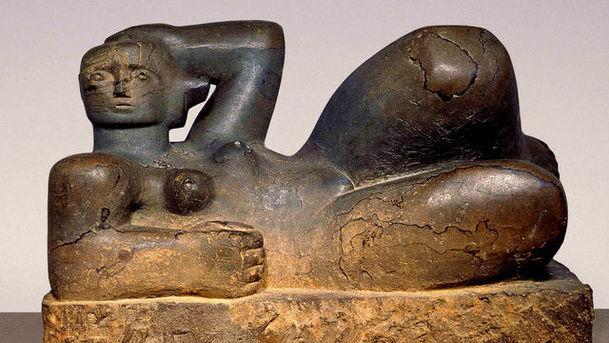Saturday Review - 27/02/2010

Tom Sutcliffe is joined by novelist Louise Doughty, writer Paul Morley and broadcaster Richard Coles to review the cultural highlights of the week. Rose Tremain's novel Trespass, set in the Cévennes mountains in southern France, is about two pairs of siblings - Anthony and Veronica Verey, who are outsiders from England and Aramon and Audrun Lunel, who've lived in the area all their life. Anthony is hoping to start a new life in France, Aramon hopes to start a new life by selling Anthony his house. But a lot of things are where they shouldn't be - Audrun's modest bungalow encroaches on Aramon's land in a way that threatens his dreams of a big sale while Veronica's lover Kitty finds Anthony's invasion of their life together unbearable. Jean-Pierre Jeunet's new film Micmacs opens with a bang - literally - as a French soldier detonates a land mine in a remote African desert. His death deprives Bazil (Dany Boon) of his father, but Bazil's experience of collateral damage isn't over. One night he gets in the way of a stray bullet from a gang shoot-out and ends up living on the street. He is adopted by a group of oddities and eccentrics who occupy a sort of Womble burrow in a city scrapyard. One day, on a Parisian street, he recognises the logos of the companies that manufactured the landmine and the bullet and decides to take revenge on the men who have ruined his and other's lives. When Ibsen's play Ghosts was first performed in London in 1891, one critic described it as 'a loathsome sore unbandaged'. While Ibsen's acknowledgement of the hypocrisy that kept respectable society in place may not have quite the same capacity to shock today, hypocrisy itself is still alive and well. Iain Glen directs himself in the production that has just opened at the Duchess Theatre in London. He plays the role of Pastor Manders while Lesley Sharp is Mrs Alving. When her son Oswald returns to the family home for a ceremony to commemorate an orphanage in his late father's name, Mrs Alving discovers the true nature of Oswald's inheritance from the dissolute Captain Alving. The Henry Moore exhibition at Tate Britain openly sets out to change the sculptor's reputation, to restore some of the shock that his art had before his popularity put a Moore sculpture in every new town plaza. To that end the curator, Chris Stephens, has restricted himself to the early part of Moore's career, stopping his selection of more than 150 sculptures and drawings in the mid 1960s. The exhibition begins with Moore's interest in primitivism, explores the sexual and erotic components of his work and also attempts to make the case that his many Mother and Child studies are much less reassuring and tender than we now assume. Five Days first appeared on BBC1 in 2007 to considerable critical acclaim. Gwyneth Hughes's police drama unwound over five consecutive nights. Now she returns with a second series which follows the same pattern - five days from a police investigation broadcast over the course of a week. It begins with PC Laurie Franklin (Suranne Jones) taking her mother to a hospital appointment, a journey which is interrupted by someone jumping in front of their train. That same morning a baby is abandoned at the hospital. Could the two events be linked?